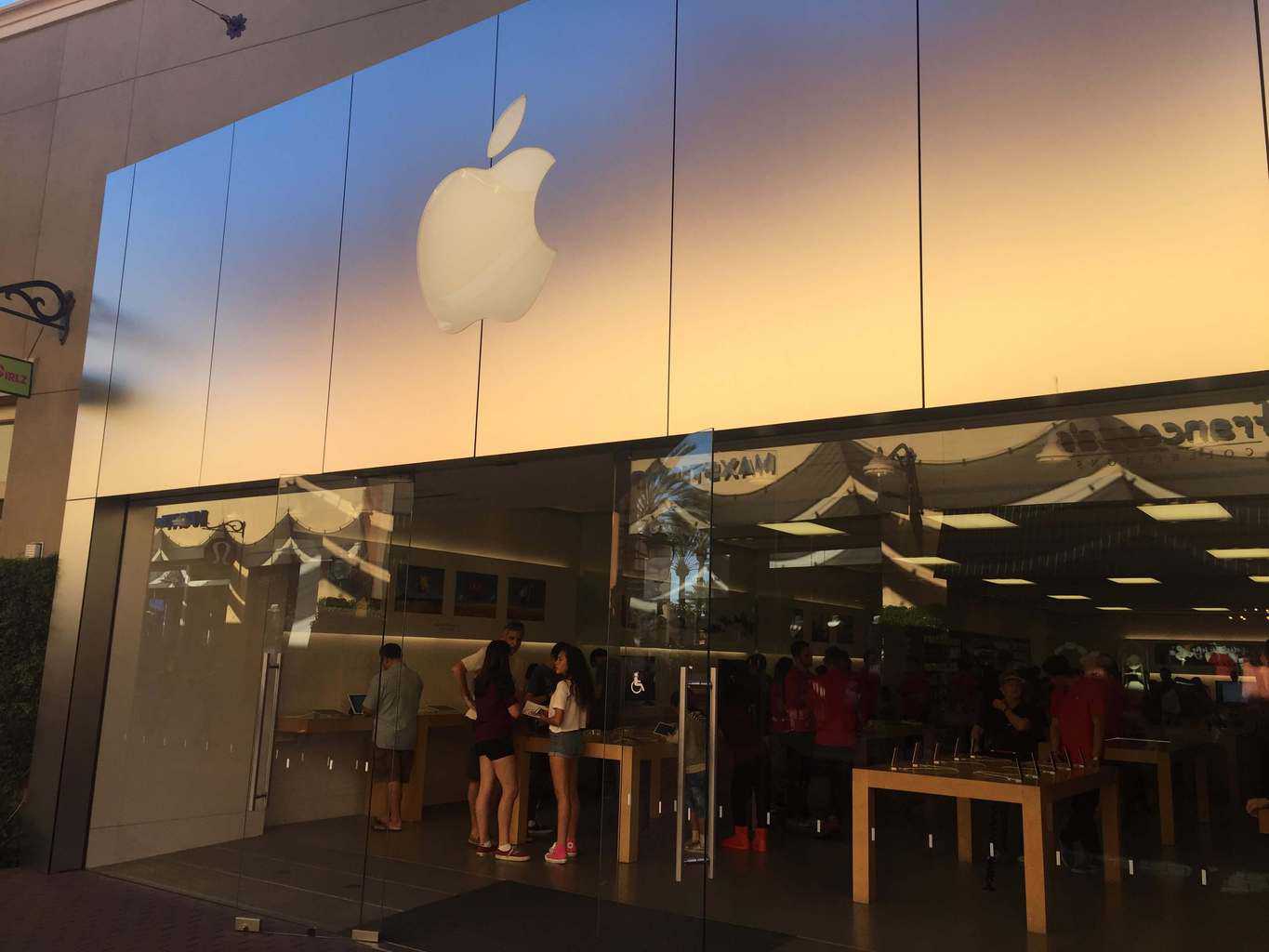Apple Inc. coughed up only £7m last year in the corporation tax even though its UK sales were over £1.3bn. Despite the huge turnover, the profit for the US firm was only £121.1m, its accounts show. This means only 1.3% of its sales went to the public, says a report from Mirror.co.uk.
Avoiding tax?
Campaigners furious with this are criticizing the iPhone maker. Alex Cobham, of the Tax Justice Network blamed the US firm of continuing to follow a policy of “avoiding its tax obligations.” By doing this, the firm shows that either its UK operations are not much profitable when compared to its global business, or they are still moving the bulk of their profits out, “with HMRC apparently powerless to intervene,” said Cobham.

Ireland tax investigation
Commenting on the matter, a Apple spokeswoman said that they pay the taxes lawfully. “We have a long history in the UK and are proud of the significant contributions we’ve made over the past 36 years,” she said.
Historically, a major portion of Apple’s sales has been routed through its Irish arm, where the corporation tax rate of 12.5% is among the lowest in the world. In the UK, the rate is 20%.
In 2014, EU carried an investigation against Ireland for allegedly favoring Apple over the tax related matter. In its US filing, Apple notes that if EU concludes its investigation, then it may ask Ireland to collect past taxes from the US firm for “a period of up to 10 years reflective of the disallowed state aid. While such amount could be material, as of March 26, 2016 the Company is unable to estimate the impact.”
Nevertheless, the iPhone maker notes that the “European Commission’s assertions are without merit.”
Impact of Brexit on Apple
Apple Inc. has 39 stores in the UK, and the region contributes majorly to the iPhone sale and other Apple products. A dramatically lower Pound could mean lower buying power for the UK buyers, and could translate into higher process, thus lowering the demand for Apple‘s products and services.
It also means, the US firm can construct new offices and retail stores in the UK and hire employees at discount. The iPhone maker can also offer new bonds in the region to benefit from the panicked markets and newly conservative investors. This will help it to better its debt leverage by using foreign funds to support its US investments, stock buybacks and dividends.
Trusted & Regulated Stock & CFD Brokers
What we like
- 0% Fees on Stocks
- 5000+ Stocks, ETFs and other Markets
- Accepts Paypal Deposits
Min Deposit
$200
Charge per Trade
Zero Commission on real stocks
64 traders signed up today
Visit Now67% of retail investor accounts lose money when trading CFDs with this provider. You should consider whether you can afford to take the high risk of losing your money.
Available Assets
- Total Number of Stocks & Shares5000+
- US Stocks
- German Stocks
- UK Stocks
- European
- ETF Stocks
- IPO
- Funds
- Bonds
- Options
- Futures
- CFDs
- Crypto
Charge per Trade
- FTSE 100 Zero Commission
- NASDAQ Zero Commission
- DAX Zero Commission
- Facebook Zero Commission
- Alphabet Zero Commission
- Tesla Zero Commission
- Apple Zero Commission
- Microsoft Zero Commission
Deposit Method
- Wire Transfer
- Credit Cards
- Bank Account
- Paypall
- Skrill
- Neteller
What we like
- Sign up today and get $5 free
- Fractals Available
- Paypal Available
Min Deposit
$0
Charge per Trade
$1 to $9 PCM
Visit Now
Investing in financial markets carries risk, you have the potential to lose your total investment.
Available Assets
- Total Number of Shares999
- US Stocks
- German Stocks
- UK Stocks
- European Stocks
- EFTs
- IPOs
- Funds
- Bonds
- Options
- Futures
- CFDs
- Crypto
Charge per Trade
- FTSE 100 $1 - $9 per month
- NASDAQ $1 - $9 per month
- DAX $1 - $9 per month
- Facebook $1 - $9 per month
- Alphabet $1 - $9 per month
- Telsa $1 - $9 per month
- Apple $1 - $9 per month
- Microsoft $1 - $9 per month
Deposit Method
- Wire Transfer
- Credit Cards
- Bank Account


